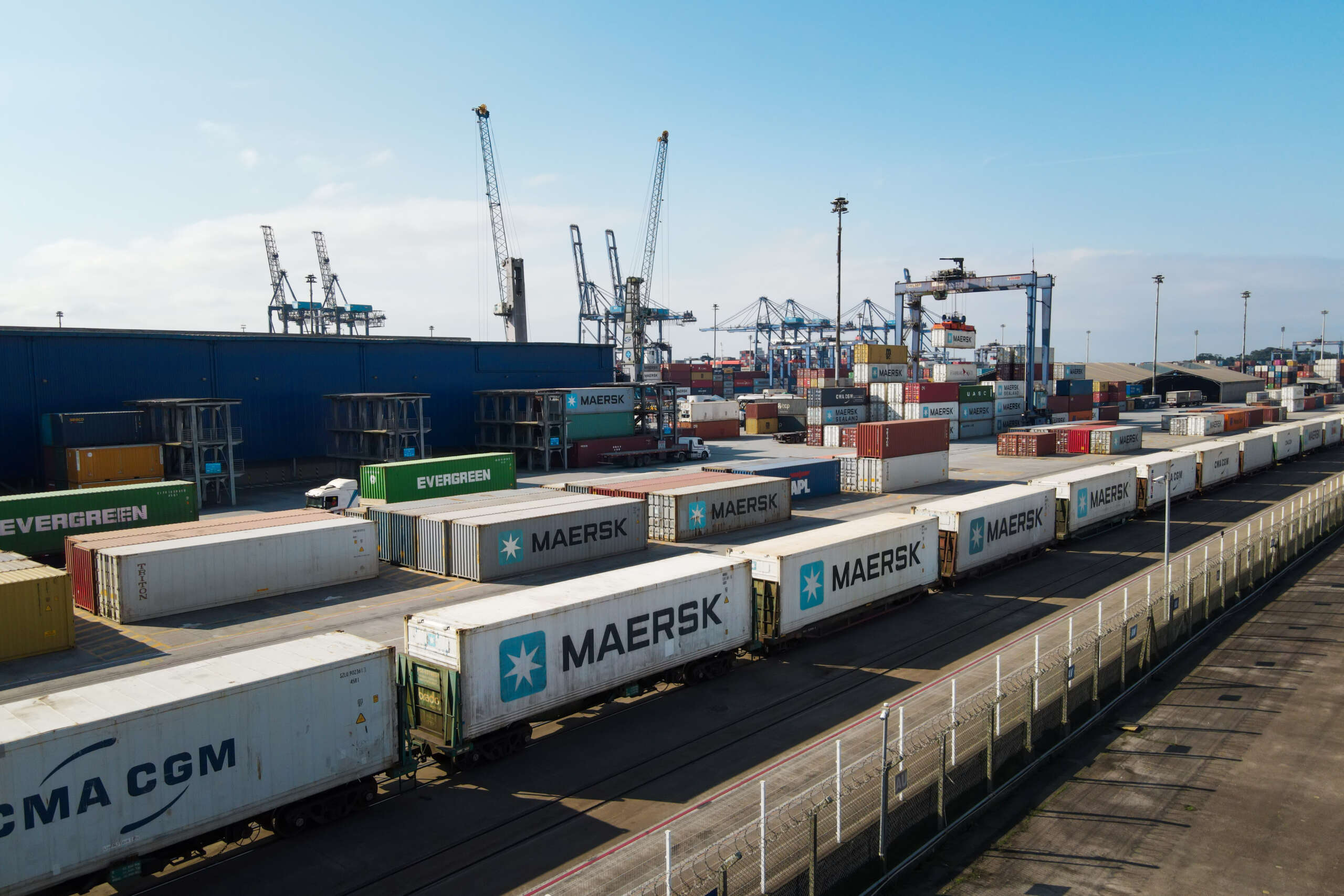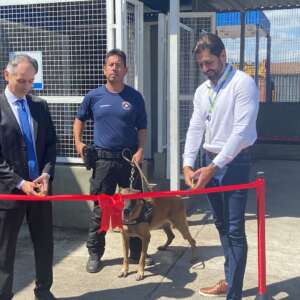Two of them involve the railroad, the only one in southern Brazil with a direct connection to a bonded area.
In July and August 2023, the company that manages the Paranaguá Containers Terminal (TCP) reached three productivity milestones. The first one took place on July 28, when TCP recorded 5 train visits (the process of unloading and loading cargo on trains) on the railroad in the same day. The terminal’s average is 4 visits a day.
The following month, two more records were achieved, one of them again in the rail sector: in August, 9,364 containers passed through the railroad. The previous handling record was 8,902 containers in August 2022.
The third milestone recorded by the terminal was at the gate. Last month, 44,427 containers passed through TCP’s gates, 1,075 more than the last record in May of this year. The operations planning manager, Felipe de França, explains that “the successive increases in productivity recorded over the last year come in the wake of the investments made by the terminal. One of them was the installation of a new dynamic rail scale, which makes it possible to weigh wagons or rail trains in motion”.
Another investment that TCP completed was the electrification of the RTGs (rubber-tyred gantry cranes) used to unload the trains. The conversion aims to increase the reliability and availability of the equipment, reducing maintenance by 90%, as well as promoting a 95% reduction in CO2 emissions.
By the end of 2023, TCP will have invested R$370 million in infrastructure works, such as the 43% expansion of the reefer yard – used to store containers with temperature control – from 3,572 plugs to 5,126, making it the largest reefer area among Brazilian terminals. An in-house power substation was also built to support the energy expansion of the terminal, which is considered the largest frozen chicken export corridor in the world.
Record 5 train visits
On July 28, 808 TEUs (20-foot-long containers) were handled by the railroad, with 49.25% of the volume arriving at TCP being frozen animal protein bound for Morocco, Spain and England. The cargo also stands out in the macro scenario: between January and July 2023, approximately 62% of the shipments that arrived by train at TCP were frozen meat. During this period, 116,042 TEUs were handled by rail, 5,180 more than last year.
“The Paranaguá Container Terminal is the only one in southern Brazil to have a direct rail connection to the bonded zone, guaranteeing its customers more agility, safety and a reduction of up to 30% in costs compared to road transportation,” concluded Felipe.
Carried out in partnership with Brado Logística, the rail sidings connect the terminal to the Paraná cities of Cascavel and Cambé, making it easier to transport the state’s production, as well as shippers from São Paulo, Mato Grosso, Mato Grosso do Sul and Paraguay.
“In addition to the projected investments, this record of 5 train visits gives us a good sample for the production expansion plan scheduled for 2024,” says Rafael Seijas, Brado’s Executive Planning Manager. “We work continuously to offer multimodal solutions that meet our customers with efficiency and quality.”
Another initiative that represents a logistical differential was the completion, in September 2021, of the KBT intermodal project, tailor-made to exclusively serve the pulp and paper company Klabin. The project consists of connecting the container terminal next to Klabin’s factory in Ortigueira, Paraná, to the Paranaguá Container Terminal via the railroad operated by Brado. TCP is responsible for managing this terminal.
About TCP
TCP is the company that manages the Paranaguá Container Terminal and TCP Log, an institution that provides complete logistics solutions for importers and exporters. Since March 2018, TCP has been part of the portfolio of China Merchants Port Holding Company (CMPort), considered the largest and most competitive developer, investor and operator of public ports in China.
About Brado Logística
Brado is a national benchmark in multimodal logistics services. It has its own structure consisting of 20 locomotives, more than 5,000 containers and 2,200 wagons, equipment, warehouses and terminals, complemented by strategic partnerships in the country’s main consumption centers. With operations increasingly adapted to the needs of the import, export and domestic markets, the company strives for excellence in container handling in Brazil, focusing on multimodal integration.



